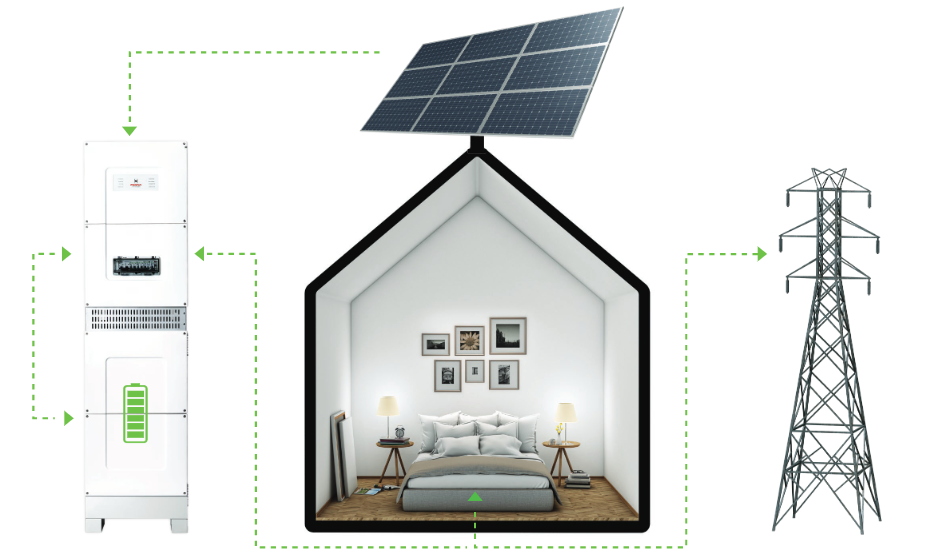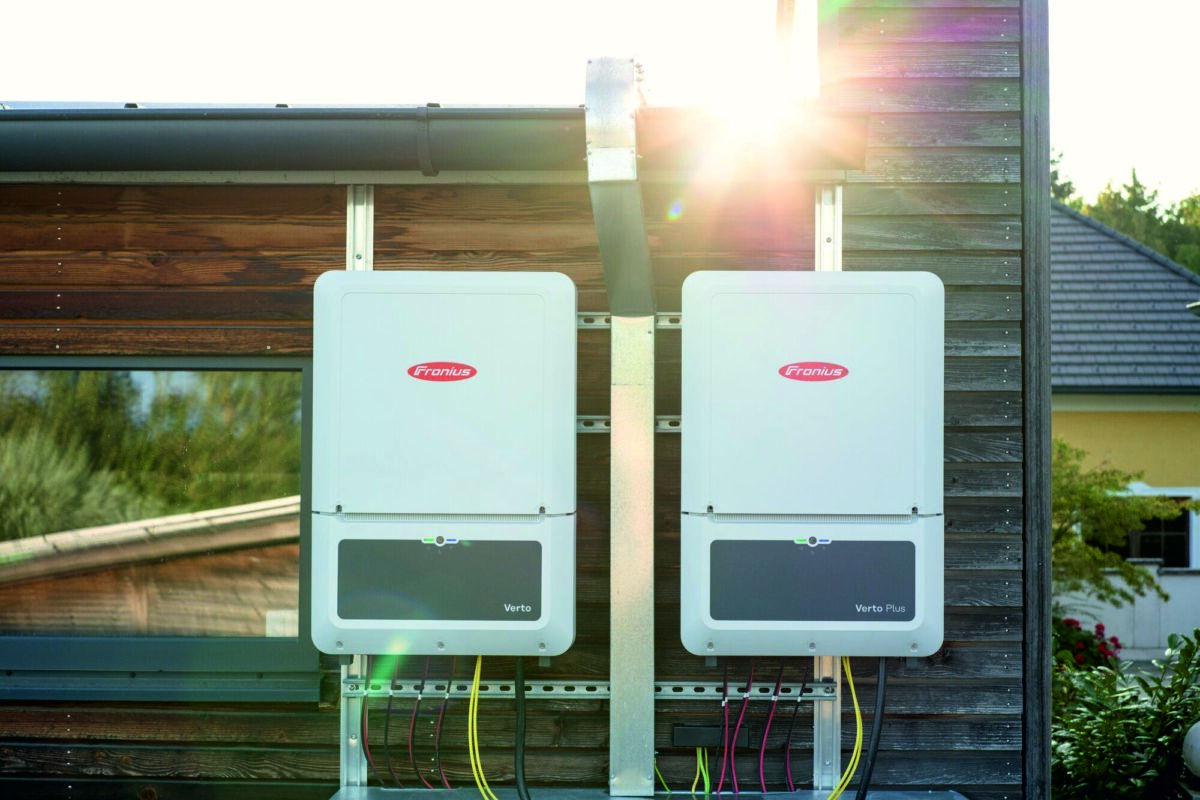Australian solar and storage innovation was on display in Sydney today, as early-stage, clean energy companies pitched to investors. The companies are seeking up to AU$88 million ($67.5 million) in investment. The Australian government's CEFC, which itself finances investment through a specially designed fund, said that it hopes to accelerate “investment in cutting-edge clean energy” technologies.
“The response to the Innovators Demo Day has been overwhelmingly positive,” said Blair Pritchard, Investment Development Director at the CEFC. “Not everyone who wanted to attend could be accommodated at this time. We’re already looking to organize follow-up sessions.”
To date, the CEFC has invested AU$25 million ($19 million) into Australian cleantech innovative companies in its first year of operation. These investments include a AU$5 million ($3.8 million) investment in GreenSync, which is developing a decentralized energy exchange, as a part of the collaborative deX project.
Seven solar and storage companies, amongst a field of 10 shortlisted startups, presented their business models and technologies to the assembled investors in Sydney today. The various technology startups addressed a number of different cleantech market segments.
Utility scale PV
Concentrating PV developer RayGen presented its PV Ultra concept. RayGen seeks to deploy wireless solar collector tracking mirrors, themselves powered by a mini-module. These mirror arrays focus sunlight towards a centralized mast, onto which a 2 kW gallium arsenide module is mounted. RayGen calls its high-efficiency mini module the PV Ultra.
The company claims that its system requires 1/100th the PV material than a conventional PV array and that it covers half the ground area. It says that by virtue of this, the RayGen technology is less capital intensive to manufacture.
RayGen is based in Melbourne. It has already deployed two pilot systems, each with a capacity of 200 kW. The pilot plants are located in Newbridge, in the southeastern Australian state of Victoria, and in the Hebei province in China.
Battery storage
Nano-Nouvelle is a developer of nanotechnology. The company is currently applying its Tin Nanode product as a tin-based anode for lithium ion batteries, in a move it claims will increase energy density, resulting in longer lasting batteries.
The technology company is based in Queensland and claims to have a “strong patent portfolio” protecting its critical technology assets.
Redback Technologies takes its name from a deadly Australian spider. It is a power electronics startup, producing a 4.6 kW or 5 kW solar inverters, to which a battery enclosure, for an inverter-hybrid system, can be added. The battery enclosure is sized to incorporate four x 2.4 kWh lithium-ion batteries.
Redback offers all of its inverter products with the “Ouija Board” software platform, which can allow for remote control and monitoring, and intelligent operation strategies, including peak time tariff support, and relay support for pool pumps and water heaters.
Providing a second life for e-mobility batteries in stationary applications is the goal of Melbourne's Relectrify. The company believes that its battery control technology can optimize the performance of individual battery cells within a battery pack, allowing them to be repurposed affordably, and resulting increased capacity and cycle life.
Relectrify reports that it is currently developing battery systems to address various market segments. It is currently in pre-production. The startup is also partnering with some battery providers, providing it proprietary control solution to maximize performance.
Residential
Melbourne's Matter Technology is hoping to provide a platform on which landlords can provide solar electricity to their tenants, at rates below those of traditional retailers.
Matter Technology claims its Digital Solar platform can allow landlords to earn up to five times the cost of installation while saving tenants 20% off standard retail energy prices. It says that it can address the 2.4 million rented household market in Australia,
The Digital Solar platform monitors rooftop PV production and electricity consumption within the home while generating retail bills for tenants.
Innovative energy retailer Mojo Energy is hoping to take on traditional electricity retailers. Mojo replaces standard electrical meters with smart meters and claims to be able to give householders access to the wholesale electricity market.
Mojo provides a mobile platform on which householders can monitor their electricity usage. It offers three energy plans, called EnergyPass, which it claims can offer prices below standard retail rates.
Mojo says it encourages homeowners to go solar, committing to ensuring that homes with PV have the same access to low rates as non-solar customers.
Sydney's Solar Analytics provides monitoring systems to help homeowners with solar to optimize their PV asset. The company's Smart Monitor is integrated between the inverter and home's meter board and provides information as to the performance of the PV system.
Solar Analytics claims that many Australian homes are equipped with poorly performing PV systems, either as a result of inadequate or faulty installation or sub-standard components. The claim is in keeping with some reports from market participants in Australia, as there were numerous solar booms in the country's residential sector, driven by expiring state-based feed-in tariff regimes. These booms often saw a rush of installations and shortages in certain components.
The Solar Analytics system also allows households to monitor their electricity demand, to optimize the self-consumption of electricity produced on their rooftop.
The CEFC's Pritchard said that there is considerable investor interest in early-stage cleantech companies in Australia at present.
“Investors are keen to get into this emerging sector and want to learn more about the clean energy space,” Pritchard said. “Many are deeply concerned about recent trends in the environment and feel they have a mission to help find and implement solutions.”
This content is protected by copyright and may not be reused. If you want to cooperate with us and would like to reuse some of our content, please contact: editors@pv-magazine.com.




By submitting this form you agree to pv magazine using your data for the purposes of publishing your comment.
Your personal data will only be disclosed or otherwise transmitted to third parties for the purposes of spam filtering or if this is necessary for technical maintenance of the website. Any other transfer to third parties will not take place unless this is justified on the basis of applicable data protection regulations or if pv magazine is legally obliged to do so.
You may revoke this consent at any time with effect for the future, in which case your personal data will be deleted immediately. Otherwise, your data will be deleted if pv magazine has processed your request or the purpose of data storage is fulfilled.
Further information on data privacy can be found in our Data Protection Policy.